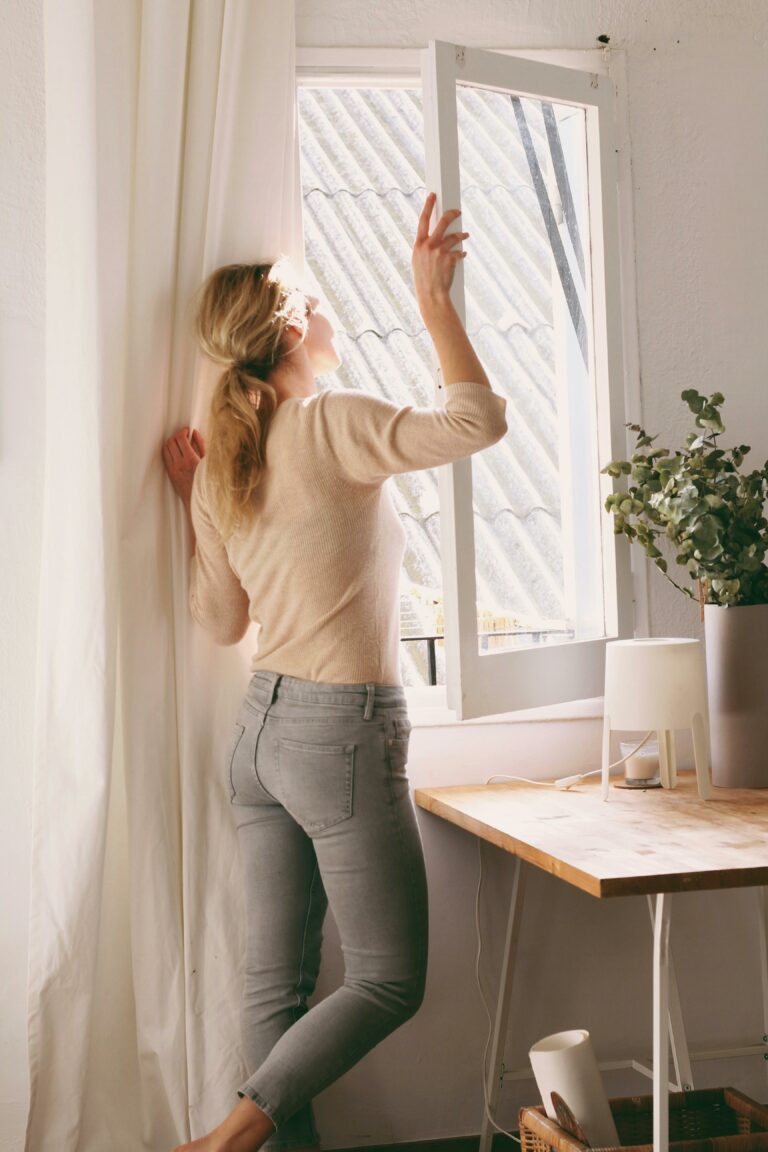
Check out some simple and useful ways
to reduce energy consumption.
Energy EfficiencyTIPS
-
Use a ceiling fan, but make sure to turn it off when you leave the room.
-
Invest in thermal blocking drapes or lower your blinds to keep your home cooler.
-
Ensure tight weather stripping around doors and windows to prevent warm air from leaking into your home.
-
Replace incandescent light bulbs with Energy Star Certified LEDS. They use 75% less energy and last much longer.
-
When taking a shower use the bathroom fan to remove heat and humidity for your home.
-
Maintain your cooling system to keep it running efficiently.
-
Vacuum your air intakes regularly to remove any dust buildup and ensure nothing is blocking the airflow through your registers.
-
Open windows to create a cross-wise breeze.
-
Cook outside to reduce warm air in your kitchen.
-
Turn your thermostat up several degrees from your usual setting – try making this adjustment at night or when you will be out of the house.
TopTips
Download My EnergyHub and check out the usage explorer tool to see your daily usage, compare monthly energy rates and so much more.
-
Use air sealing to close gaps and holes in your walls, floors, and ceilings with caulk or foam sealant. Look for cracks around your windows and areas where wires and pipes pass through.
-
Keep fireplace dampers closed unless a fire is burning.
-
Cook outside. In summer, keep the heat out by using an outdoor grill.
-
Ensure that your attic access door/hatch closes tightly and is insulated.
-
Plug electronic devices such as cable boxes, printers and TVs into power strips that you can turn off during vacations or long periods without use.
-
Close your shades and drapes during the day to help keep your home cooler in the summer and warmer in the winter.
-
In cooler months, run your ceiling fan clockwise and switch to counterclockwise in the summer.
-
When using the fireplace, turn down your heating system thermostat.
-
Consider using a clothes line or solar powered clothes dryer.
-
Turn off ceiling fans when you leave the room. Fans cool people, not rooms.
-
Turn off coffee makers when not in use.
-
Use energy efficient products such as solar panels, solar batteries, heat pumps, etc
-
A one degree increase in heating setpoint or reduction in cooling setpoint can increase energy use by 3 – 5%.
ApplianceTiPs
-
Clean your clothes dryer lint filters after each load. Check dryer exhaust ducts.
-
Check gaskets around refrigerators and freezers by closing the door on a piece of paper towel. If it pulls out with little or no drag, the seal probably needs to be replaced.
-
Keep outside coils clean. Dirty coils make your refrigerator compressor work longer to remove the heat.
-
In hot weather, avoid running the dryer during the day to save energy.
-
Regularly defrost refrigerator or freezer to avoid ice buildup.
-
Running multiple, small loads uses a lot of energy so only wash full loads in the clothes washer or dishwasher.
-
A dishwasher uses more energy to dry dishes than to wash them. Use the “energy saver” switch on your dishwasher to shut off the drying element.
-
Cover all liquids stored in your refrigerator. Any moisture drawn into the air makes the refrigerator work harder.
-
Make sure the dryer’s outdoor exhaust door is not blocked or clogged.
-
Check that the dryer vent hose is tightly connected to the dryer.
-
Place refrigeration appliances away from heating equipment, vents and direct sunlight. Provide adequate space for ventilation.
-
Use the proper appliance for the job. Microwaves, convection and toaster ovens are often quicker and more economical to use than an electric range.
-
Use a slow-cooker instead of cooking on a stove. But if you need to use a stove, use pot lids to help-food cook faster.
-
Use a laptop. It takes less energy than a comparable desktop.
-
Enable auto power down feature on gaming consoles that turns it off when it’s not being used.
-
Ensure all new appliances, electronics and lights are ENERGY STAR® labeled.
Turn off coffee makers when not in use . -
Turn off coffee makers when not in use .
-
Only run a dishwasher when full.
-
Wash clothes in cold water.
-
Unplug battery chargers when not needed.
Water HeatingTips
-
Take shorter, not-so-hot showers ranging from 5-7 minutes. Normally, showers use less water than baths.
-
Insulate exposed hot water lines.
-
Set your upper and lower water heater thermostat to water to 120°.
-
Insulate water lines and heating ducts, especially those that run through crawl spaces or other unheated areas.
-
Use cold water instead of heated water when possible.
-
Turn off pool pumps and Tank water heaters when not in use.
-
Use cold water to rinse dishes.
-
Install water saving shower heads.
-
Do not let water run while shaving or brushing your teeth.
LightingTips
-
Replace any light bulbs, especially ones that burn more than one hour per day, with a light-emitting diode (LED) bulb. Energy-efficient bulbs cost more initially, but are far less expensive in the long run.
-
Turn off lights when leaving a room.
-
Use outdoor security lights with a photocell and/or a motion sensor.
-
Smart bulbs, outlets, and switches allow you to save energy by customizing a schedule that fits your families needs.
Sources
touchstoneenergy.com | energy.gov/energysaver | Earth911.com
